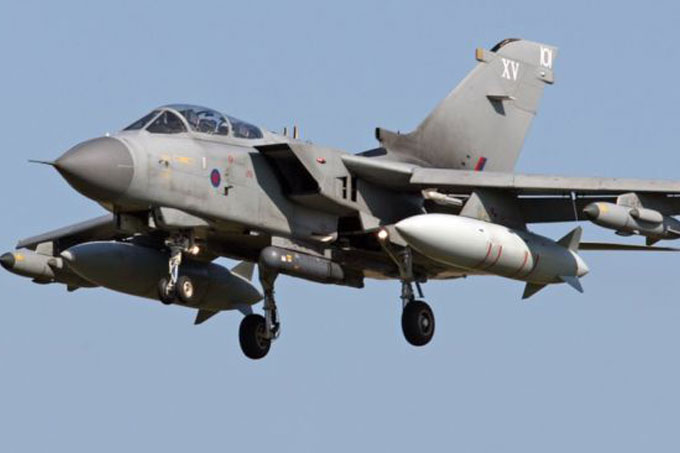At 11.30am, MPs will begin debating whether the UK should join its allies in bombing ISIL targets in Syria in a torn House of Commons.
Dr Mark Bennister, Senior Lecturer in Politics, explores the debate and the vote expected to conclude around 10pm today.
At the precise time when all eyes should be on Prime Minister David Cameron’s attempt to persuade a cautious public that bombing Syria is the right thing to do, the Labour party has managed to tie itself in knots over its own position. The decks have been cleared for a day long parliamentary debate and vote today, even cancelling Prime Minister’s Questions. It is somewhat odd that the airwaves have had more of Jeremy Corbyn and Hilary Benn on Syria than government ministers.
Committing forces to combat is a serious matter and is subject to a new(ish) convention; parliament must now approve such action, as it did over airstrikes in Iraq, but declined to support such airstrikes against President Assad. Now the Paris attacks have changed everything, David Cameron wants a strong parliamentary endorsement to ‘do something’ in support of allies. Yet he has been frustrated by the Labour party’s ‘flip-flopping’ on the issue.
The core fault line at the heart of Jeremy Corbyn’s leadership has been laid bare. His mandate comes directly from the party membership and supporters who voted for him as leader so overwhelmingly. This is an extra-parliamentary electorate, largely cautious of airstrikes, predominantly from the London area and politically on the Left. The parliamentary Labour party has few Corbyn supporters and there is currently a standoff in the party. The power struggle has burst in to the open in often embarrassing fashion and mainly over defence related issues. Corbyn, a life-long anti-war campaigner, faced mass resignations from his shadow cabinet, before reluctantly agreeing to Labour MPs having a free vote. Why does all this matter? With a free vote, Labour MPs in favour of airstrikes can now vote with the government, this will nullify any Conservatives such as David Davis who have their own concerns about military action. The media have revelled in Labour’s discomfort, which will be most evident when Corbyn opens the Labour response to the motion by speaking against and Benn concludes the response by speaking in favour.
The most disappointing aspect of this episode is that Labour’s internal strife has let the government off the hook; it has so far escaped the necessary cross-examination and detailed scrutiny expected over such an important issue. The military action is ill thought out at best, without convincing plans in place, but such nuances have been lost in the drive to ‘do something’.
Dr Mark Bennister researches political leadership and British politics, and teaches Parliamentary Studies in the School of Psychology, Politics and Sociology at Canterbury Christ Church University.
 Expert comment
Expert comment holly finch
holly finch 2408
2408


